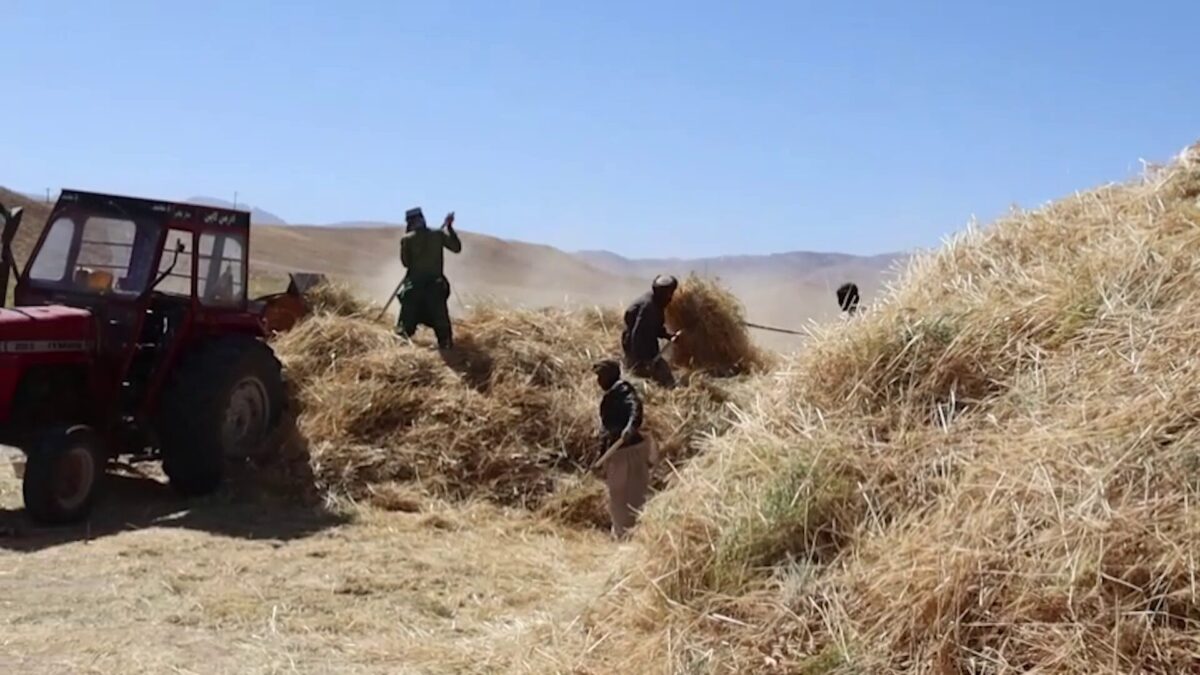Farmers in the Badghis province of Afghanistan say they have suffered significant losses this year as their crops yielded lower-than-expected harvests. Many attribute the decline to infestations and claim that local Taliban officials have failed to address the issues affecting agriculture in the area.
Mohammadullah, a farmer in Qadis district, planted over three hectares of wheat with the hope of recouping his investment many times over. Instead, he reports that his crops were blighted by pests, resulting in a financial loss of nearly 2 million Afghanis.
“If you calculate the costs of fertilizer, fuel, and labor, the income doesn’t even cover expenses,” Mohammadullah said. “Last year, we lost close to 2 million Afghanis due to farming.”
Farmers and agricultural laborers in Badghis are calling for assistance, noting that they are struggling to cover their daily living expenses as the profitability of their work continues to decline.
“This is our harvest, and we are all laborers,” said Khalil-ur-Rahman, another farmer. “We work all day, but there’s little to show for it. There are no other jobs, and wages are just 250 or 300 Afghanis a day. We need support.”
Badghis, once known as the “Wheat Granary” of Afghanistan’s western provinces, previously produced surplus wheat that was exported to the northern and northeastern regions of the country. However, farmers in Badghis now say that wheat production has fallen so sharply that it barely meets local demand.





